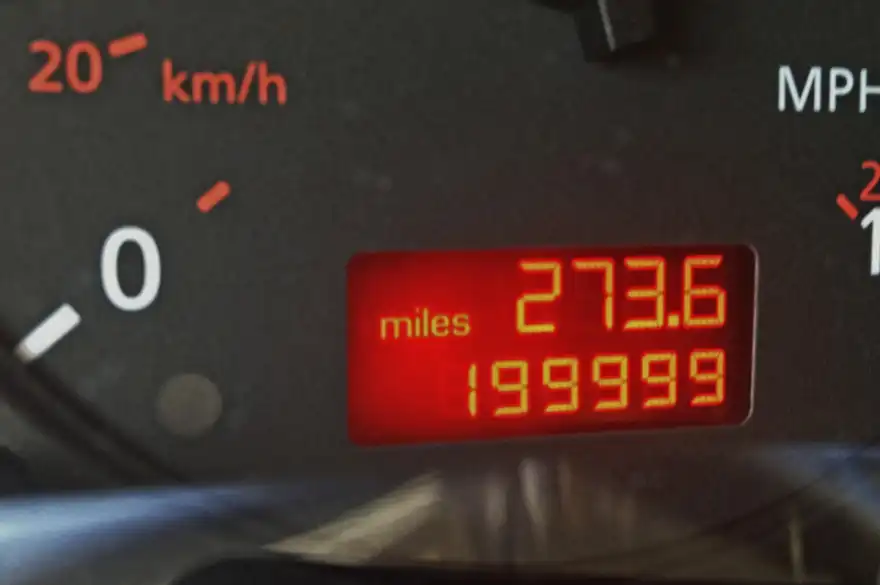
Drivers are being warned about the return of a retro scam, now revamped with modern tech, that’s costing UK buyers big when shopping for used cars. Dubbed “clocking,” this scam involves tampering with a car’s mileage to make it seem like it’s been driven less, inflating its value by an average of £4,750 per vehicle.
A recent report by vehicle history checker CarVertical found that about 1 in 50 second-hand cars has been “clocked.” With around 7.6 million used car sales expected in 2024, this could mean up to 160,000 clocked vehicles hitting the market, costing buyers a staggering £762 million annually.
Clocking was big in the 80s and 90s, but it’s back with a modern twist. Instead of just rolling back the odometer, scammers now use hi-tech devices called “mileage blockers” or “mileage freezers.” These tools stop the car’s mileage from increasing while driving, making it nearly impossible for even experts to detect tampering.
These devices don’t just fool the odometer; they also disrupt a car’s entire system, including safety features like airbags and ABS. Sellers can even pair the fake mileage with forged service histories to make the scam look completely legit.
On average, clocked cars are sold for 29% more than their actual value. With the average used car price in the UK around £16,408, buyers can lose thousands without even knowing it. Beyond the financial hit, clocked cars often come with hidden mechanical issues, leading to costly repairs—or worse, dangerous breakdowns.
CarVertical’s data shows some brands are more likely to be targeted:
1. Kia: 8.56% of vehicles checked
2. Nissan: 6.84%
3. Dacia: 6.16%
4. Subaru: 5.04%
5. Citroen: 4.72%
6. Peugeot: 4.62%
7. Vauxhall: 3.99%
8. Fiat: 3.77%
9. Lexus: 2.79%
10. Renault: 2.72%
Under UK law, adjusting a car’s mileage isn’t illegal—but selling a car with fake mileage without disclosing it is. Unfortunately, proving intent to deceive can be tough, leaving a legal grey area for scammers to exploit.
Efforts to tighten the rules have been lackluster. In 2016, the government considered addressing the issue but ultimately didn’t take action. Critics say this lack of enforcement is allowing clocking to thrive.
How to Protect Yourself
- Run a vehicle history check: Services like HPI can uncover hidden problems like clocking, crash damage, or outstanding finance. You can do a vehicle history check here.
- Inspect service records carefully: Watch for inconsistencies in mileage between service intervals.
- Be sceptical of bargain deals: If the price seems too good to be true, it probably is.
- Get a mechanic to inspect: A trained eye can spot signs of wear that don’t match the mileage.
Clocking isn’t just about losing money—it’s a serious safety risk for drivers and passengers. With scammers getting smarter, it’s up to buyers to stay vigilant and arm themselves with the right tools and knowledge to avoid being duped.



